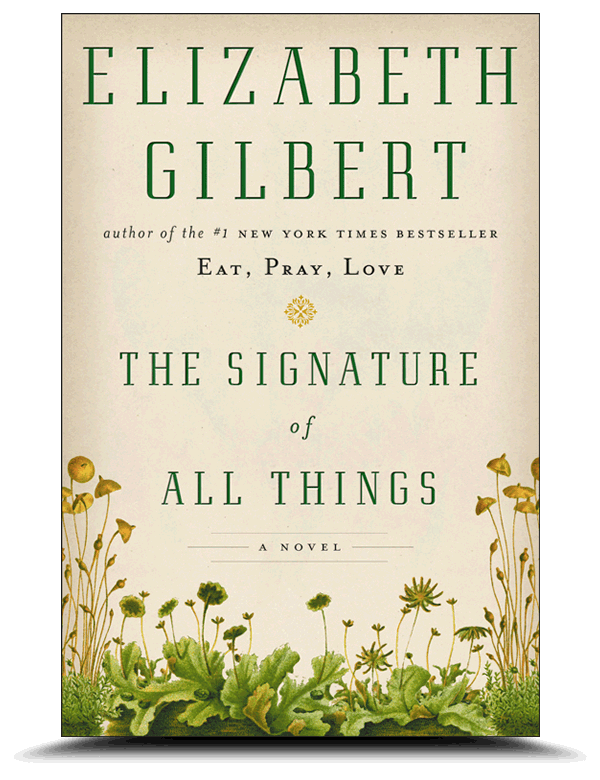I have read another book by Elizabeth Gilbert that I quite liked, Committed, on the history of marriage. She is a good researcher and good writer. I enjoyed the movie based on her book, Eat, Pray, Love, but never read the book. A good friend raved about this book and it has received fairly universal positive reviews (fascinating one in the NYT). That being said, I struggled occasionally with this book. I grew impatient with it. But I kept coming back to it, and in fact would read well past my bedtime because I just had to know what was going to happen next. It is not, however, a plot driven book; rather, we are immersed in character and the scientific research that Gilbert must have done in spades to write this historical novel of a woman botanist in the 19th century. This was not a time period when women had many options, but Alma Whittaker's father was a driven and successful businessman who rose from abject poverty in England to astounding wealth in the New World; his wealth and fondness for Alma gave her opportunities most women never dreamed of. Henry Whittaker's passion for botany led him to medicinal plants and eventually the pharmaceuticals business, which seemed nearly immune to financial fluctuations and always seemed to do better when things were at their worst. He and Dutch wife Beatrix ( he contracted with her to marry--a decision which resulted in her being disowned by her family) had only the one biological daughter, but adopted a 2nd girl of Alma's age when Alma was 10 years old. Prudence could not have been more different than Alma. Alma was brawny and unattractive and brilliant. Prudence was also smart but was devastatingly beautiful. Like every relationship Alma had, the one with her sister was complex. Alma was insatiably curious and rational and an acknowledged botanical expert--even published--when she was quite young; she could never let any question rest, even questions of the heart. Prudence could never catch up. It was only when scion Henry Whittaker died and left his estate to Alma that she learned what her sister had sacrificed for her. Alma fell in love first with a scientific publisher, who married someone else, and then with an uncannily talented younger artist. His death drives the 2nd half of the book as Alma seeks to understand him. Gilbert is a talented writer, and in fact, it feels presumptuous even to attempt a critique of such an extraordinary piece of work. But it did not move me as it apparently has so many others.

No comments:
Post a Comment